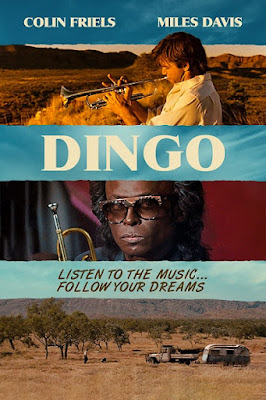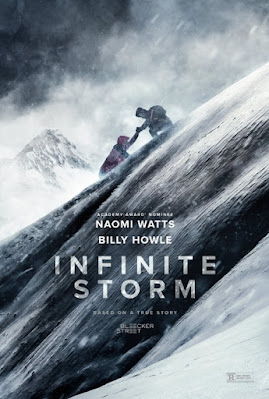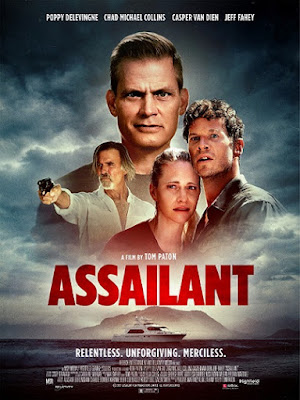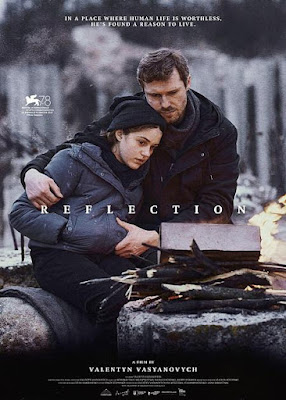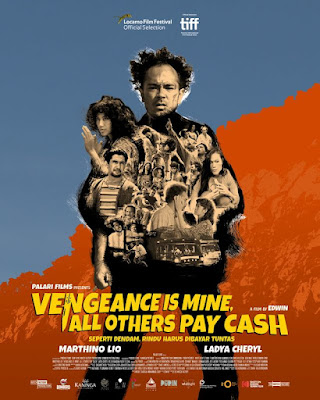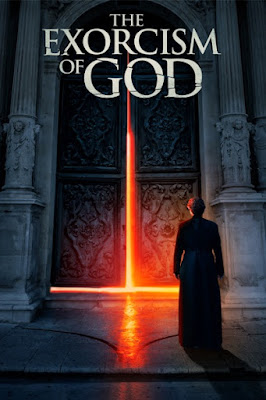For retired Special Forces operators (involuntarily so, in James Harper’s case), the private firms that hire their particular skill sets tend involve the dirtiest work. Rusty Jennings’ outfit was supposed to be different, but it wasn’t. When his first assignment goes bad, Harper becomes a dangerous loose end in Tarik Saleh’s The Contractor, which releases Friday in theaters.
Frankly, the circumstances surrounding Harper’s dishonorable, pension-revoking discharge are somewhat dubious, but he has to become the titular contractor somehow. Deep in debt, he accepts his old buddy Mike’s offer to join Jennings’ boutique mercenary firm. His first gig is in Berlin, where he and Mike are supposed to take out Salim Mohamed Mohsin, a terrorist-allied scientist and scoop up his super-virus formula. The thing is, Mohsin keeps calling it an antidote. Weird, huh?
Unfortunately, the job turns into a massive firefight that injures both contractors. Forced to separate, Harper finds Jennings’ people are actually hunting him. To his credit, this turn of events hardly seems to surprise him anymore than it does us, the viewers.
The Contractor is a serviceable if predictable film, but you have to wonder if it was severely recut at some point. After all, it seems like a waste to cast the great Nina Hoss (from Phoenix and Barbara) as their local contact Katia, just for a few “hellos” and a shootout scene. Despite addressing issues of PTSD and the veterans’ economic hardships, Contractor really does not really feel like the kind film we would expect from Saleh (who previously helmed The Nile Hilton Incident and Metropia). Still, if someone did a ”Scissors-hand” job on this film, they made pretty smooth work of it.









